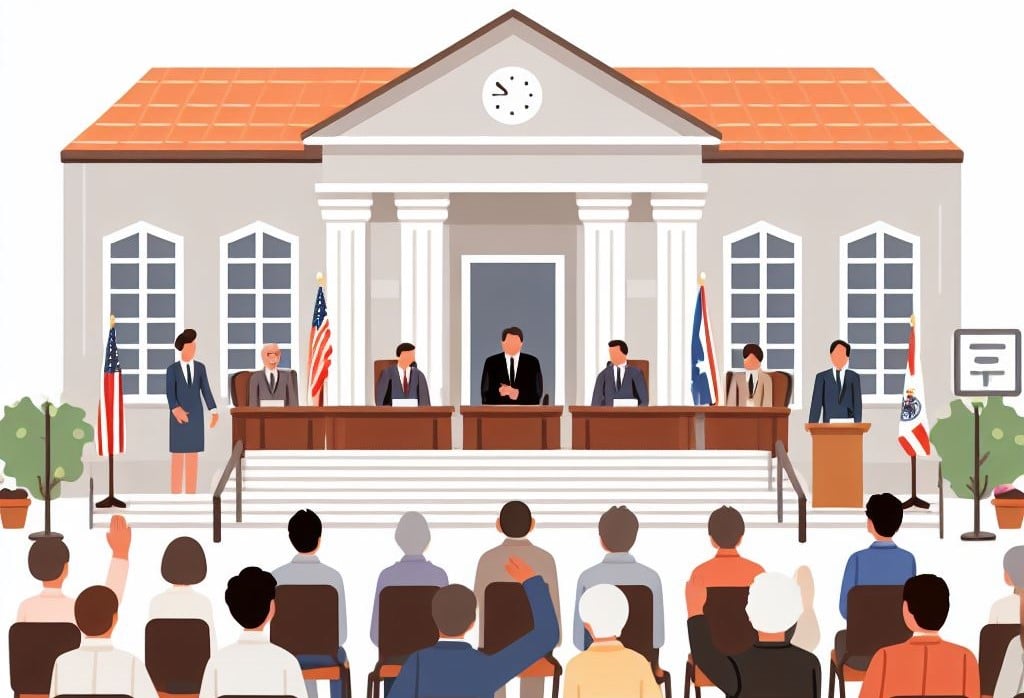The democratization of information, fueled by the digital age, has empowered citizens to seek transparency and accountability from their local governments. As a result, municipalities are witnessing an unprecedented surge in citizen records requests. While this surge is a testament to an engaged and informed citizen base, it simultaneously presents logistical and operational challenges for local governments. The complexities involved in fulfilling these records requests have also escalated, making it an arduous task that requires meticulous planning, resource allocation, and, most importantly, time.

Growing Volume and Complexity
According to a study by the National League of Cities, the volume of citizen public records requests has increased by over 30% year-over-year. This exponential rise is not just a number but represents a myriad of requests, from simple inquiries about public expenditures to more complex demands for legal documents. In addition, the cost of processing a single request can vary significantly depending on the complexity, ranging from $30 to almost $450.

Burden on Municipal Staff
The administrative burden to meet these demands stretches the already scarce labour resources available to municipalities. Staff must divert time from other civic duties to comb through files, redact sensitive information, and ensure compliance with the Freedom of Information Act (FOIA) or equivalent state laws. Couple that with the complexities of the requests themselves increasing, now including photo and video, and it’s become the number one burden for over 75% of government agencies according to a survey. As a result, the time taken to fulfill a request has lengthened, leading to delays and, consequently, unhappy citizens.
The Need for a Digital Solution
In an era where speed and efficiency are paramount, relying solely on manual processes is unsustainable. Adopting a digital solution for handling records requests can serve as a cornerstone for effective citizen engagement. Automation can streamline the process by categorizing requests, assigning them to the relevant departments, and even providing estimated timelines for fulfillment. Digitization also enables easy retrieval and sharing of documents, reducing the turnaround time significantly.
Planning for Implementation
For municipalities contemplating a shift towards a digital solution, here are some key steps for a seamless implementation:
- Needs Assessment: Conduct a thorough analysis of the current system, identifying bottlenecks and inefficiencies.
- Vendor Selection: Look for solutions that are robust, user-friendly, and offer functionalities specifically designed for records requests.
- Staff Training: Ensure that municipal staff are adequately trained to utilize the new system effectively.
- Pilot Testing: Implement the solution in phases, beginning with a pilot program to gauge its effectiveness.
- Feedback Loop: Continually collect feedback from both staff and citizens to make necessary adjustments

Prioritizing Integration
Rather than operating in silos, modern municipal systems require a level of interconnectedness to function efficiently. Choosing a citizen records management solution with an open API can be a game-changer in this regard. Open APIs allow for seamless integration between different software platforms, thereby creating a centralized hub for all relevant data. The following are major benefits of having a system that can integrate with others:
- Centralized Data: Having a single point of access for various types of data eliminates the need for multiple logins and reduces the risk of data duplication or error.
- Streamlined Workflows: An open API enables automated data exchange between systems. For example, a records request in the citizen engagement platform can automatically populate fields in the document management system, saving time and reducing manual entry errors.
- Enhanced Collaboration: Different departments within the municipality can easily collaborate as they can access the same, consistent data. This is especially useful for complex records requests that involve multiple departments.
- Scalability: As your municipality grows, an open API ensures that new functionalities and modules can be easily added or updated without overhauling the entire system.
- Cost-Efficiency: Interoperable systems reduce the need for additional software to bridge gaps between different platforms, lowering overall costs.
- Compliance Ease: Integrated systems can be programmed to automatically adhere to legal standards such as the Freedom of Information Act (FOIA), making compliance simpler and less prone to human error.
By opting for a solution that prioritizes interoperability through an open API, municipalities can ensure that they are investing in a flexible, scalable, and efficient system. This enables local governments to meet the growing and complex demands of citizen record requests while simultaneously facilitating other municipal operations.
Conclusion
The task of managing citizen records requests is becoming increasingly complex and time-consuming. However, adopting a digital solution can alleviate many of these challenges by automating workflows, digitizing records, and enabling efficient resource allocation. A specialized system, like AccessE11, focuses strictly on citizen engagement and issue management, making it an ideal choice for municipalities looking to streamline this aspect of their operations. With a well-planned implementation, local governments can significantly reduce the time and resources required to fulfill citizen records requests, thereby fostering a transparent, efficient, and engaged community.